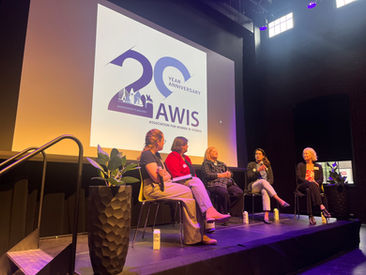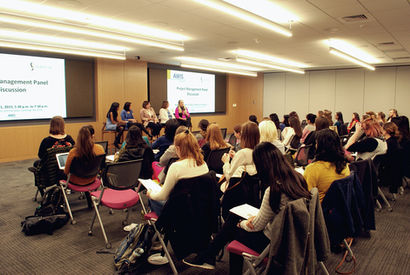top of page

WELCOME TO MASS-AWIS
Association for Women in Science, Massachusetts (Boston)
We are a Community
We are Making a Difference

Shooting Star Chapter – Inspiring Inclusion and Engagement Award
"AWIS Massachusetts (Boston) is a beacon of progress by consistently organizing programs and initiatives that champion diversity, inclusiveness, and intersectionality. With an unwavering commitment to fostering an environment that embraces individuals from all walks of life, the chapter has implemented a series of events and initiatives designed to amplify underrepresented voices in STEM fields."
bottom of page














